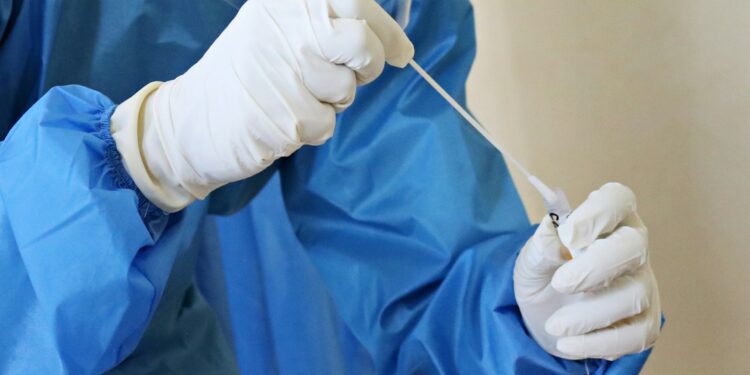The survivors do not emerge unscathed.
A recent study highlights the lasting health challenges faced by survivors of severe COVID-19 infections. Researchers found that around two-thirds of individuals who experienced severe cases of COVID-19 continue to struggle with physical, psychiatric, and cognitive issues even a year after recovering from the illness. Lead researcher Dr. Anil Makam, from the University of California, San Francisco, underscores the ongoing struggle faced by millions globally who have endured the most severe forms of COVID-19.
The study, which examined 156 patients requiring transfer to long-term acute care hospitals due to the severity of their COVID-19 infections, sheds light on the extended recovery journey faced by these patients. Despite being predominantly healthy before contracting the virus, many of these patients reported prolonged and challenging recovery periods.
Many of the patients relied on mechanical ventilation during their battle with COVID-19, with specialized hospitals focusing on ventilator weaning and rehabilitation. However, despite these efforts, the study found that a significant proportion of participants continued to experience persistent health issues one year post-illness, including physical, respiratory, psychiatric, and cognitive symptoms. Nearly half of the participants experienced multiple ongoing health problems, with some still requiring supplemental oxygen. Additionally, patients faced complications such as painful bedsores and nerve damage affecting limb function due to their extended hospital stays.
Dr. Makam emphasizes the importance of preventive measures to mitigate such complications and promote recovery. While many patients had not fully regained their health, the study revealed that nearly all had returned home, and a significant portion had resumed work. The long-term impairments observed among these patients are common in survivors of prolonged critical illnesses, not unique to COVID-19. Dr. Makam suggests that addressing these challenges requires comprehensive multidisciplinary rehabilitation efforts.



































Discussion about this post